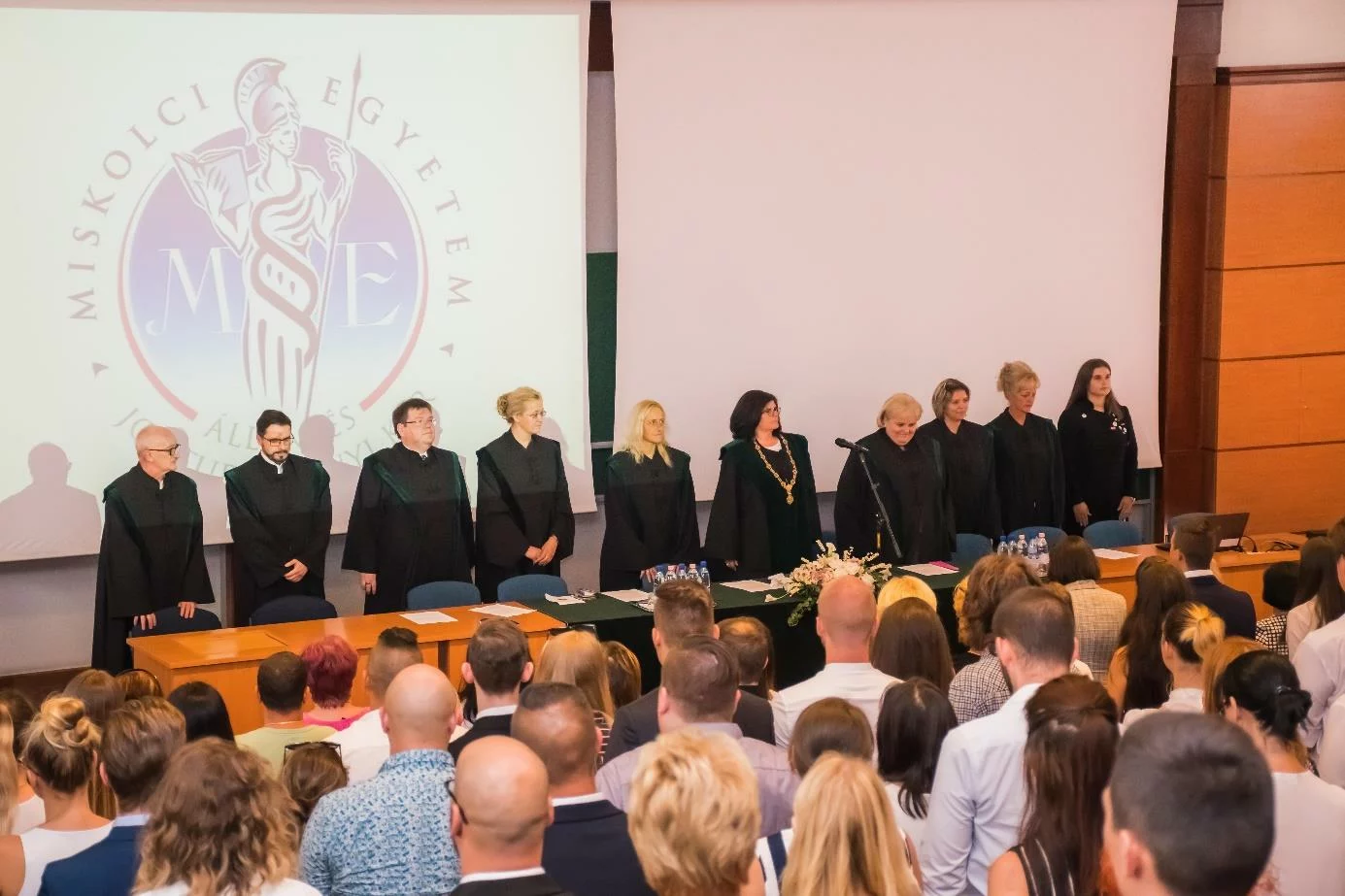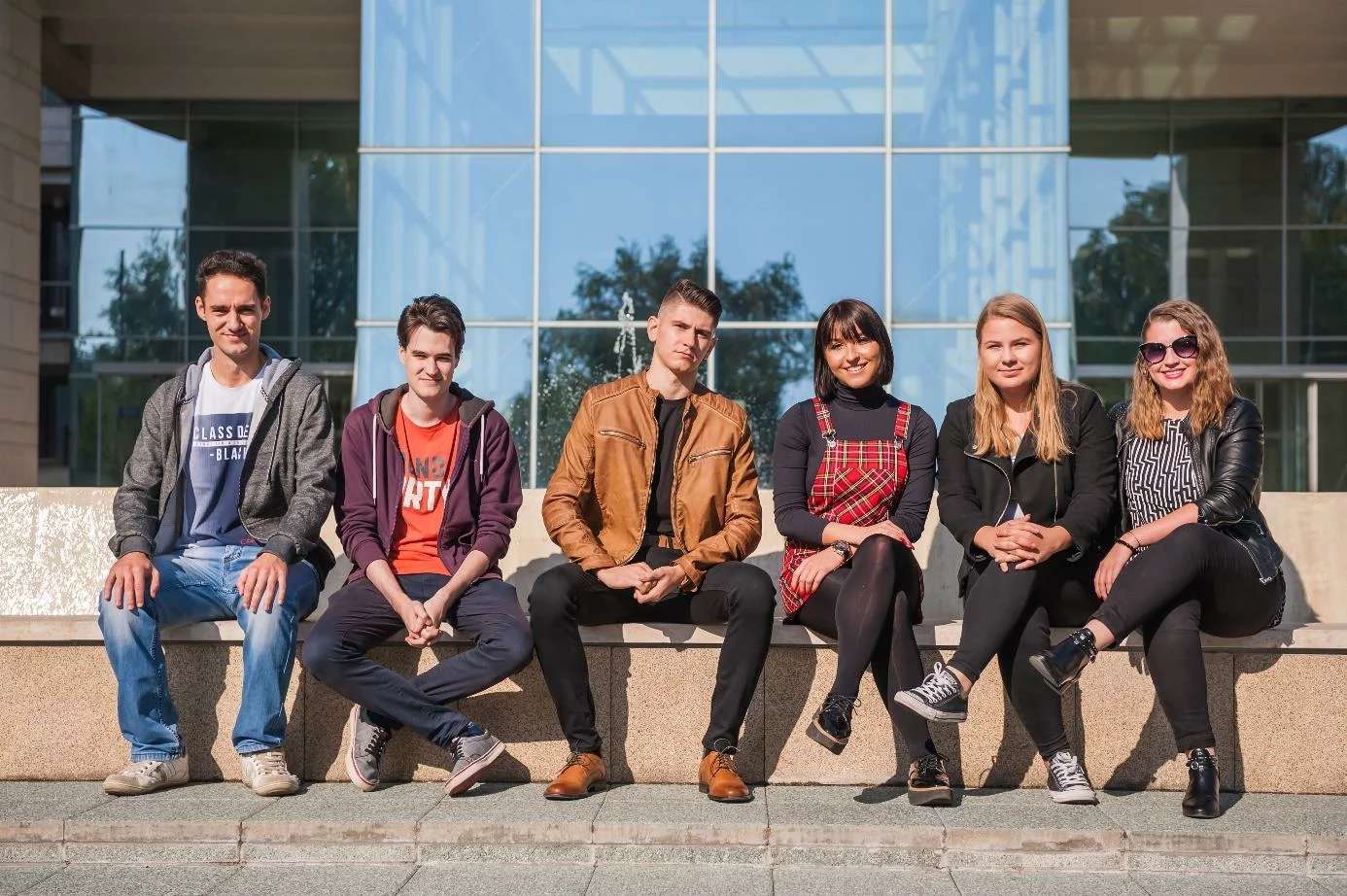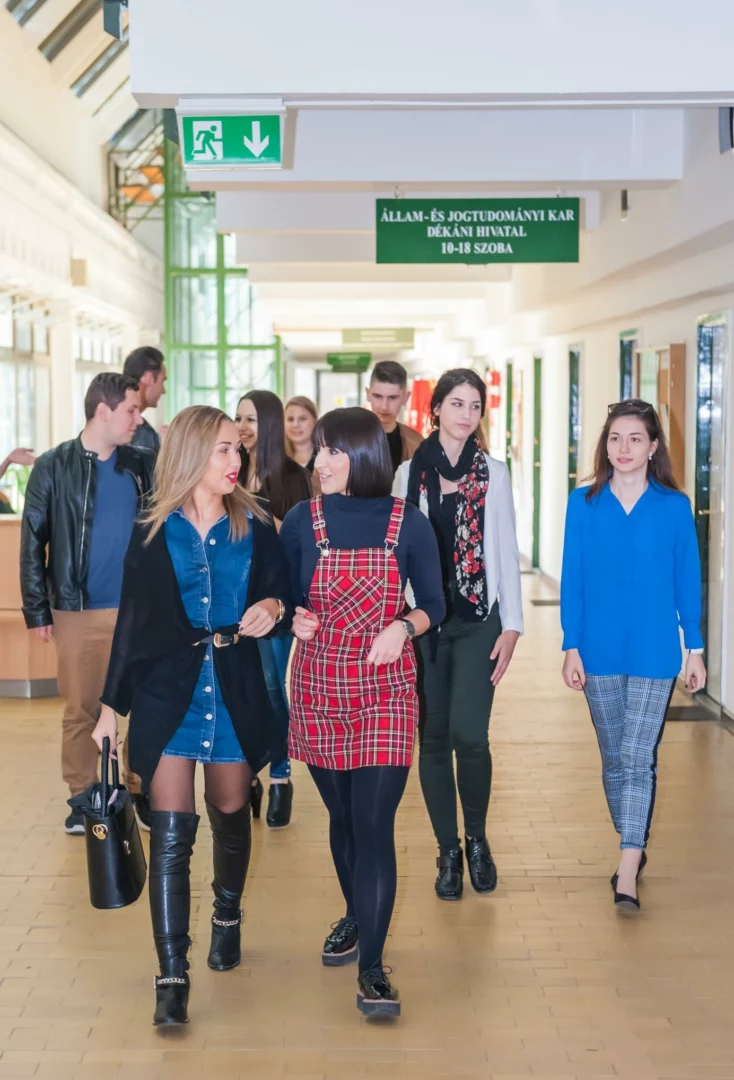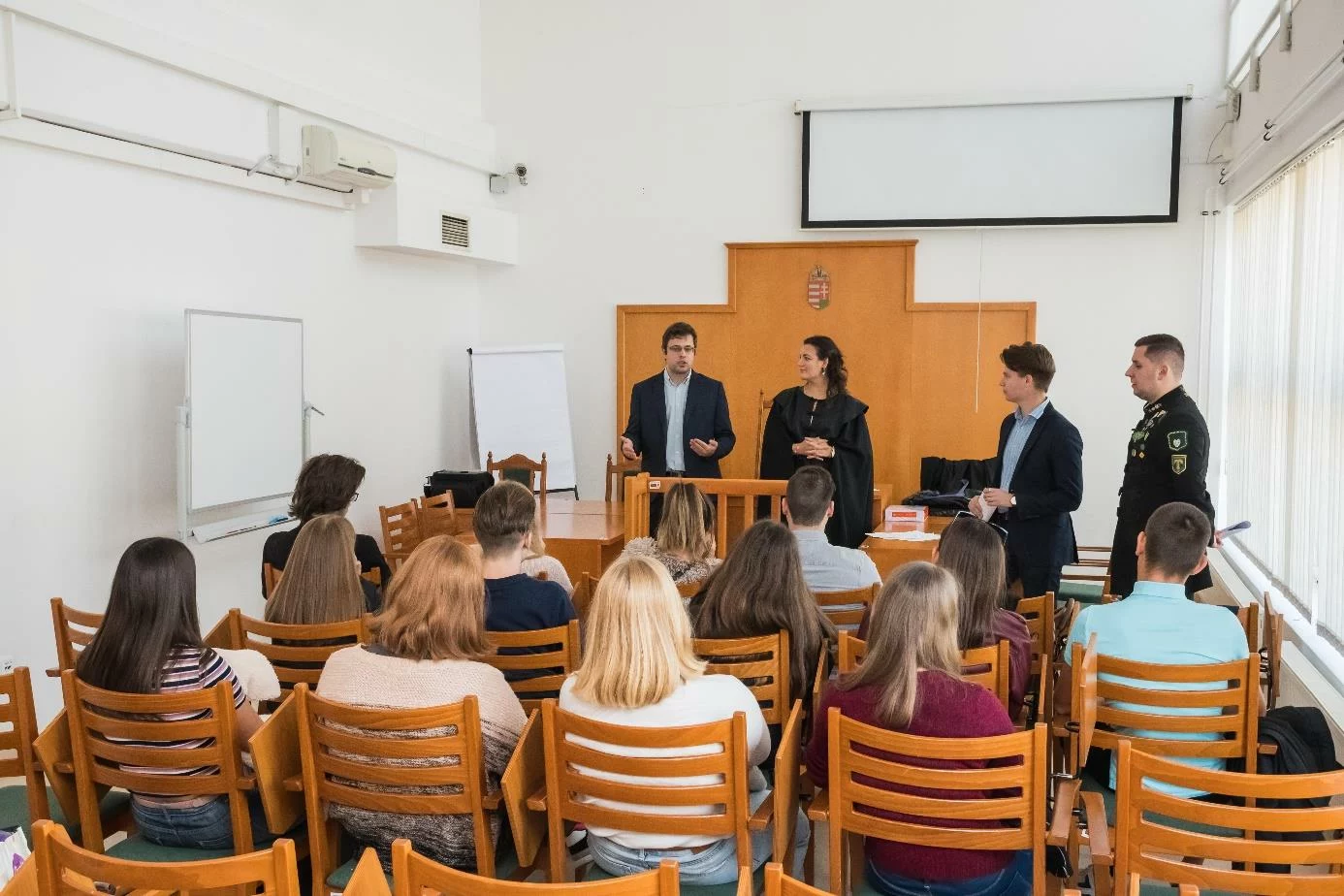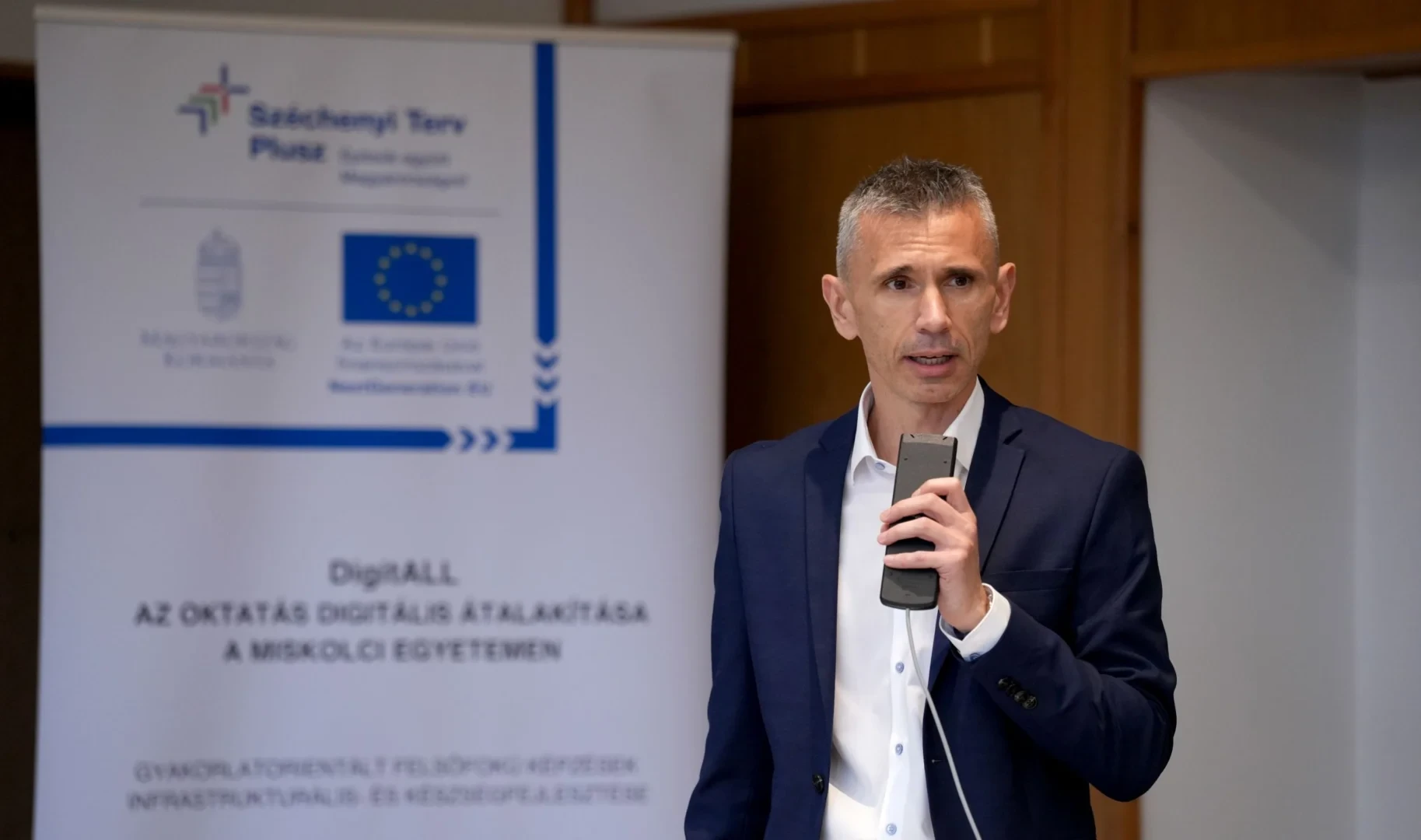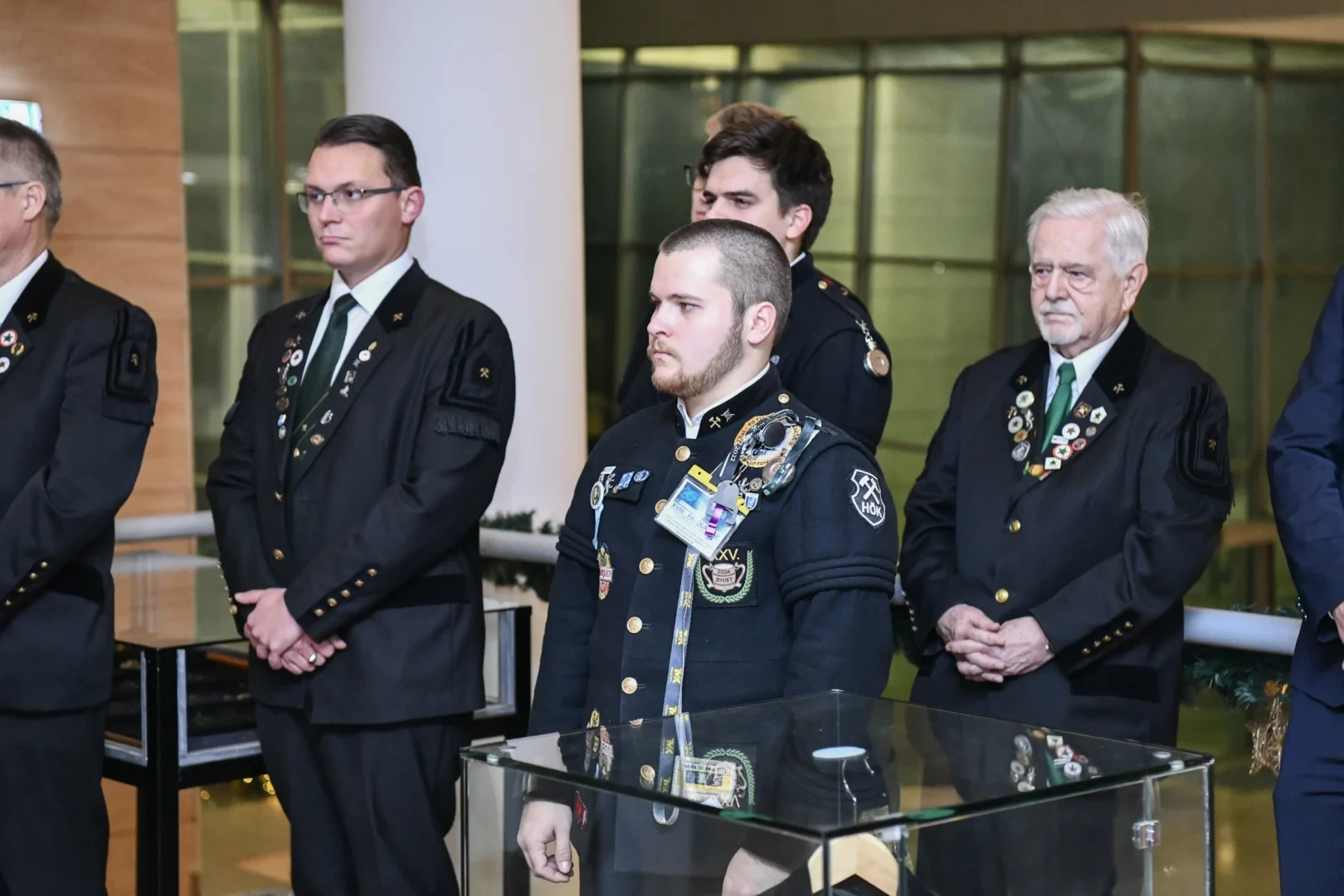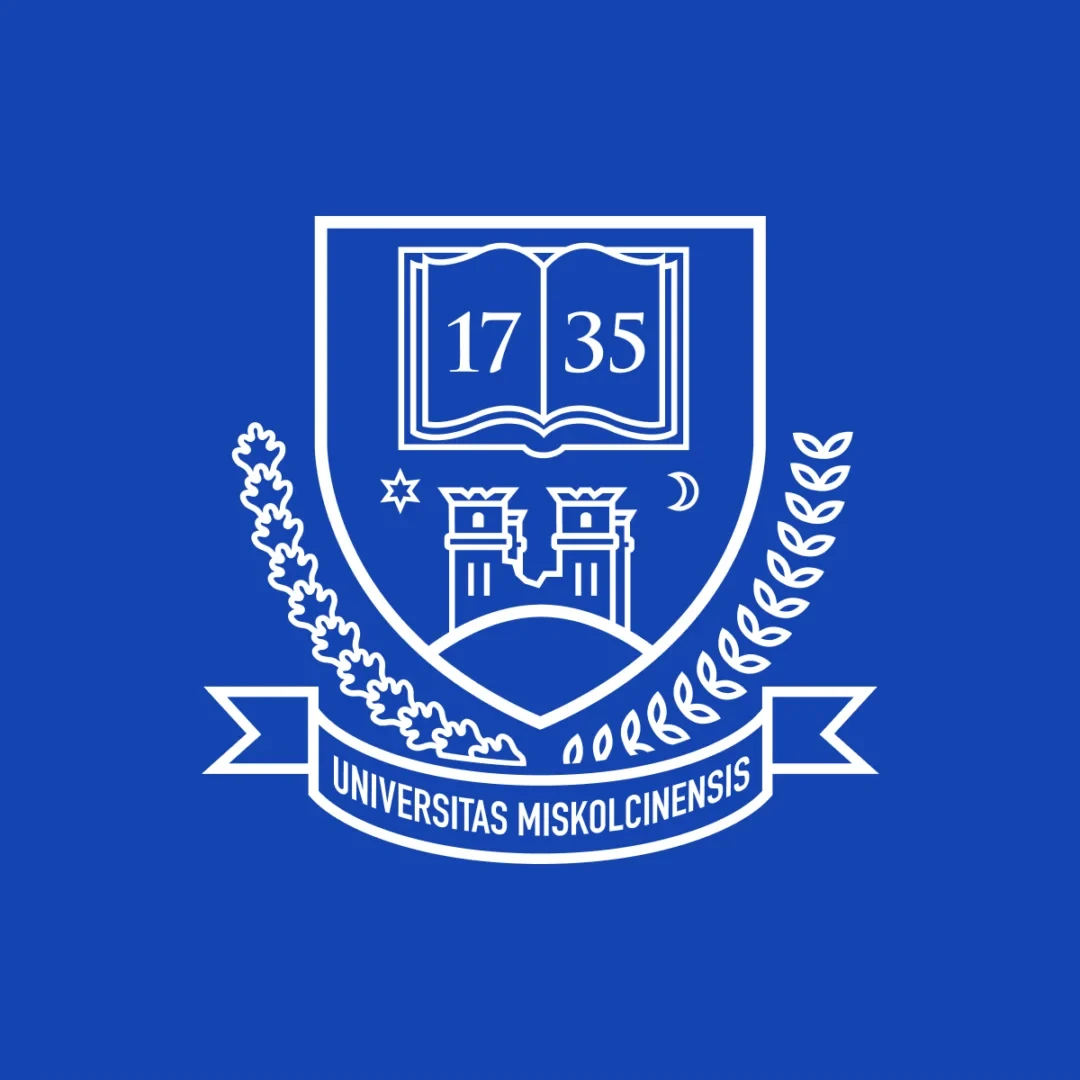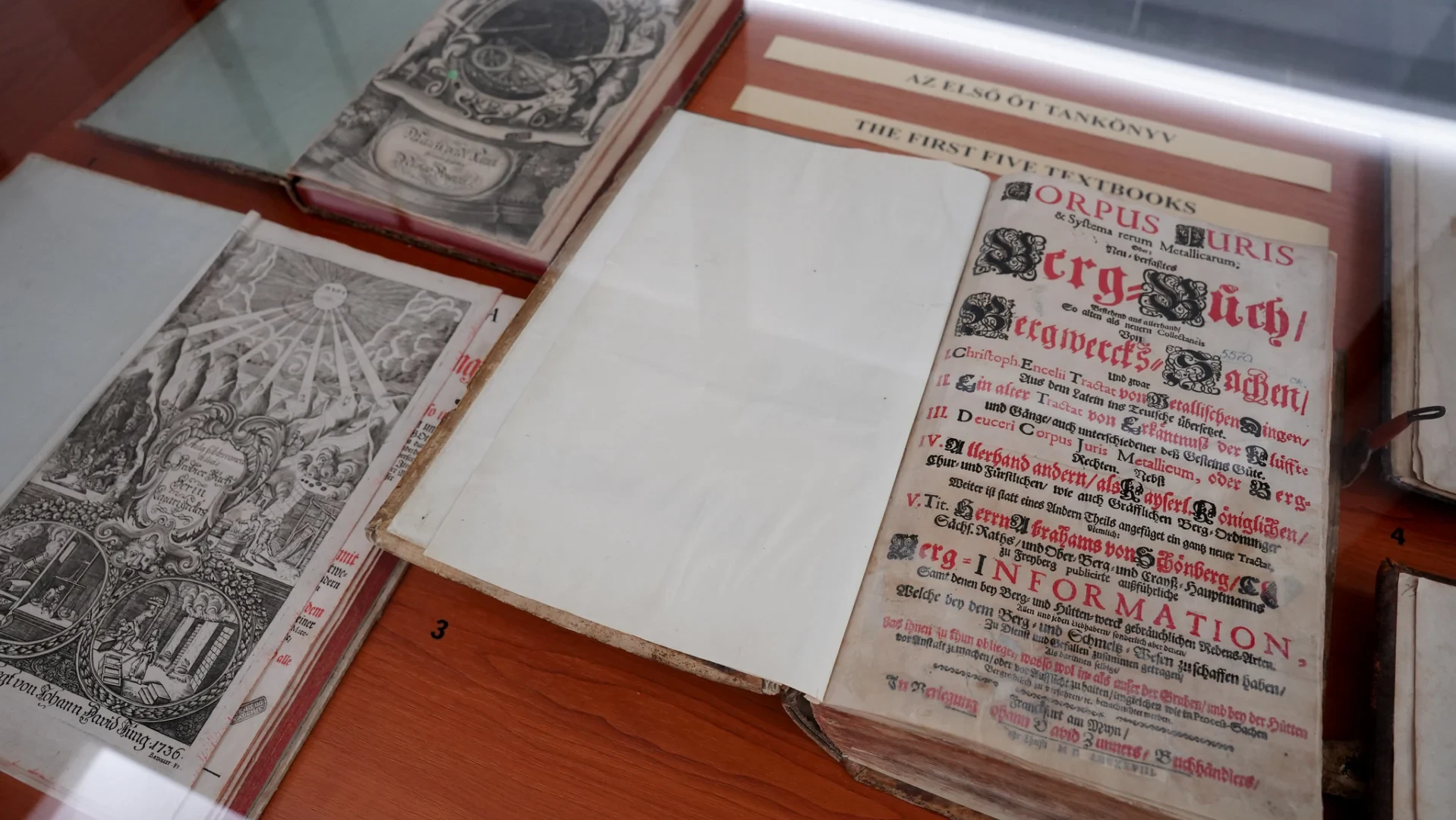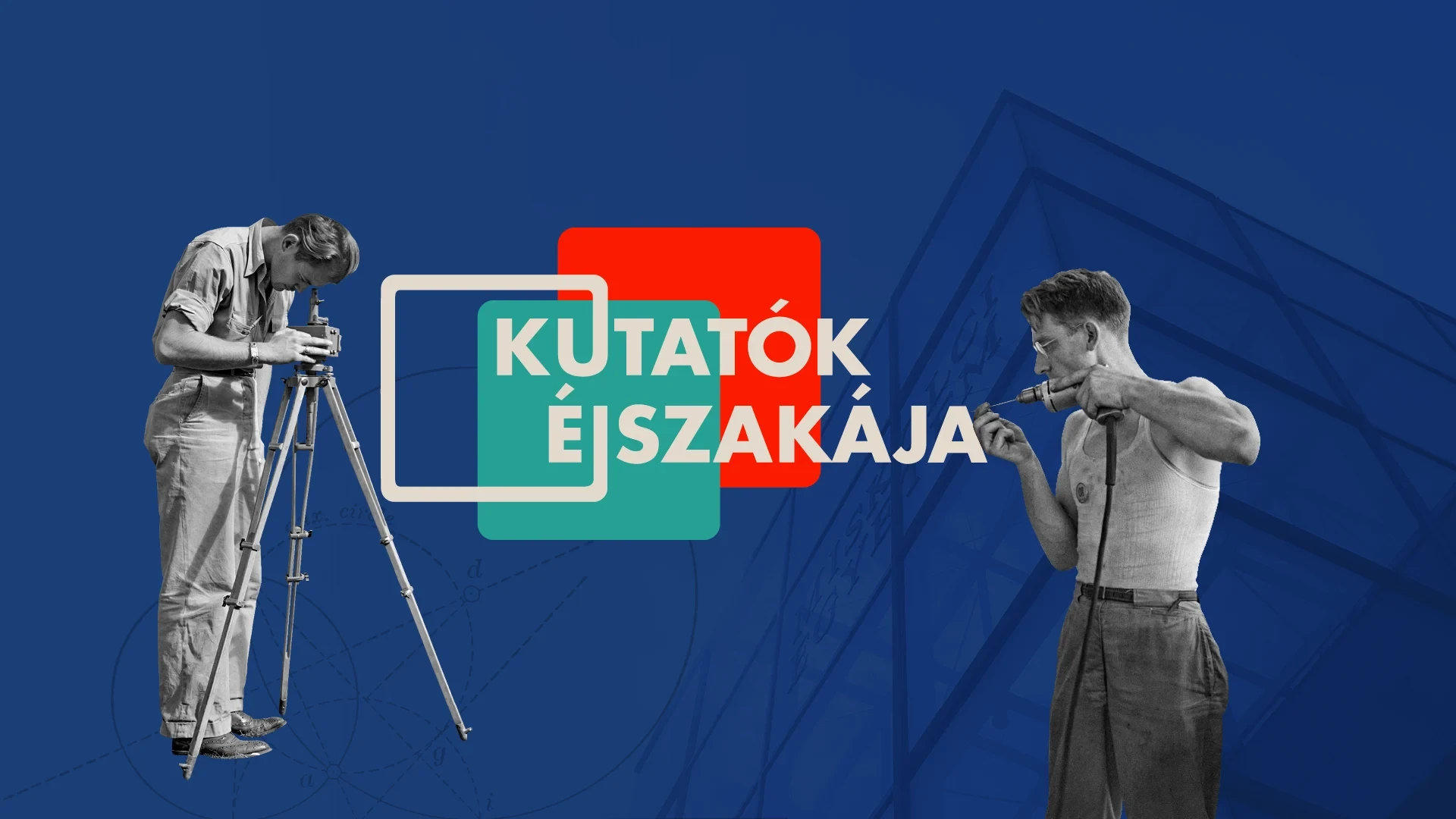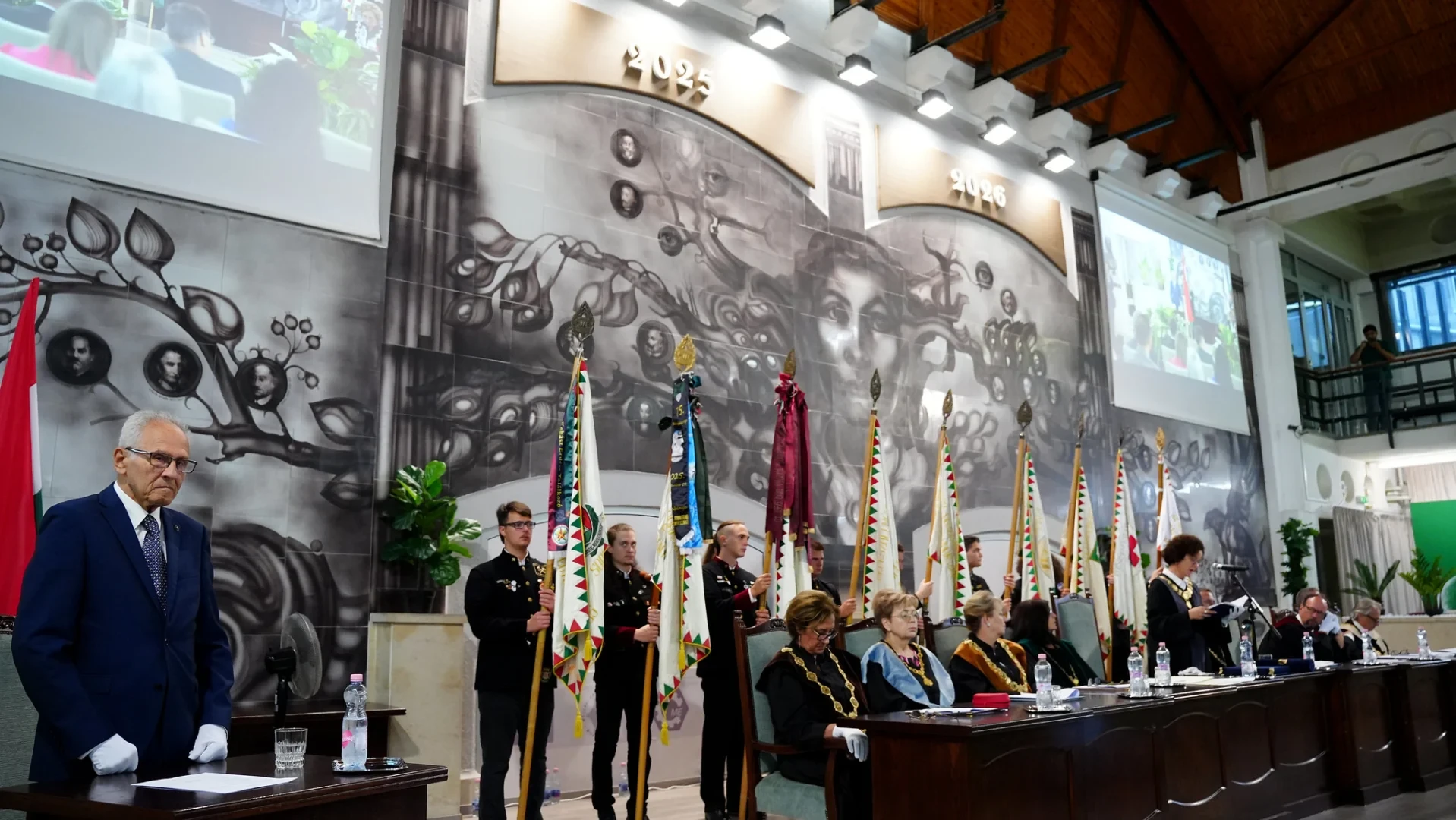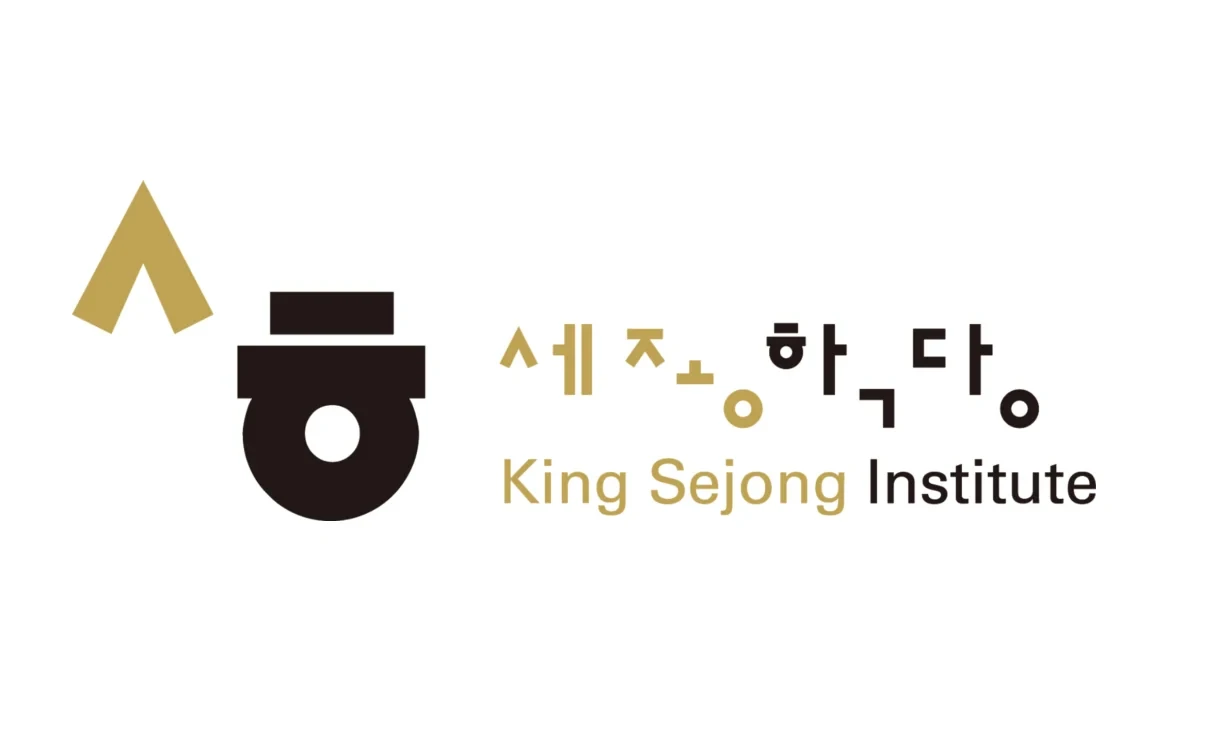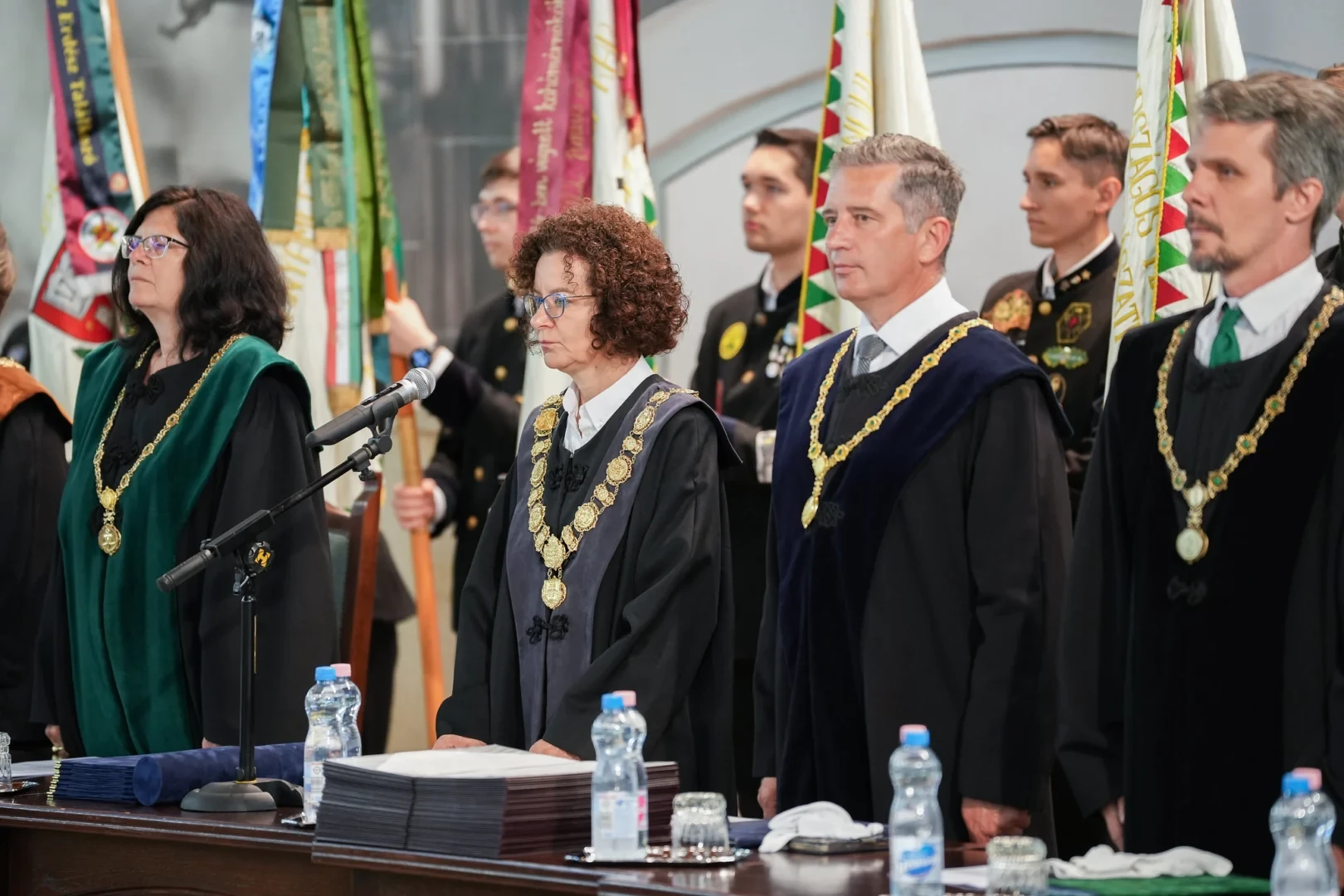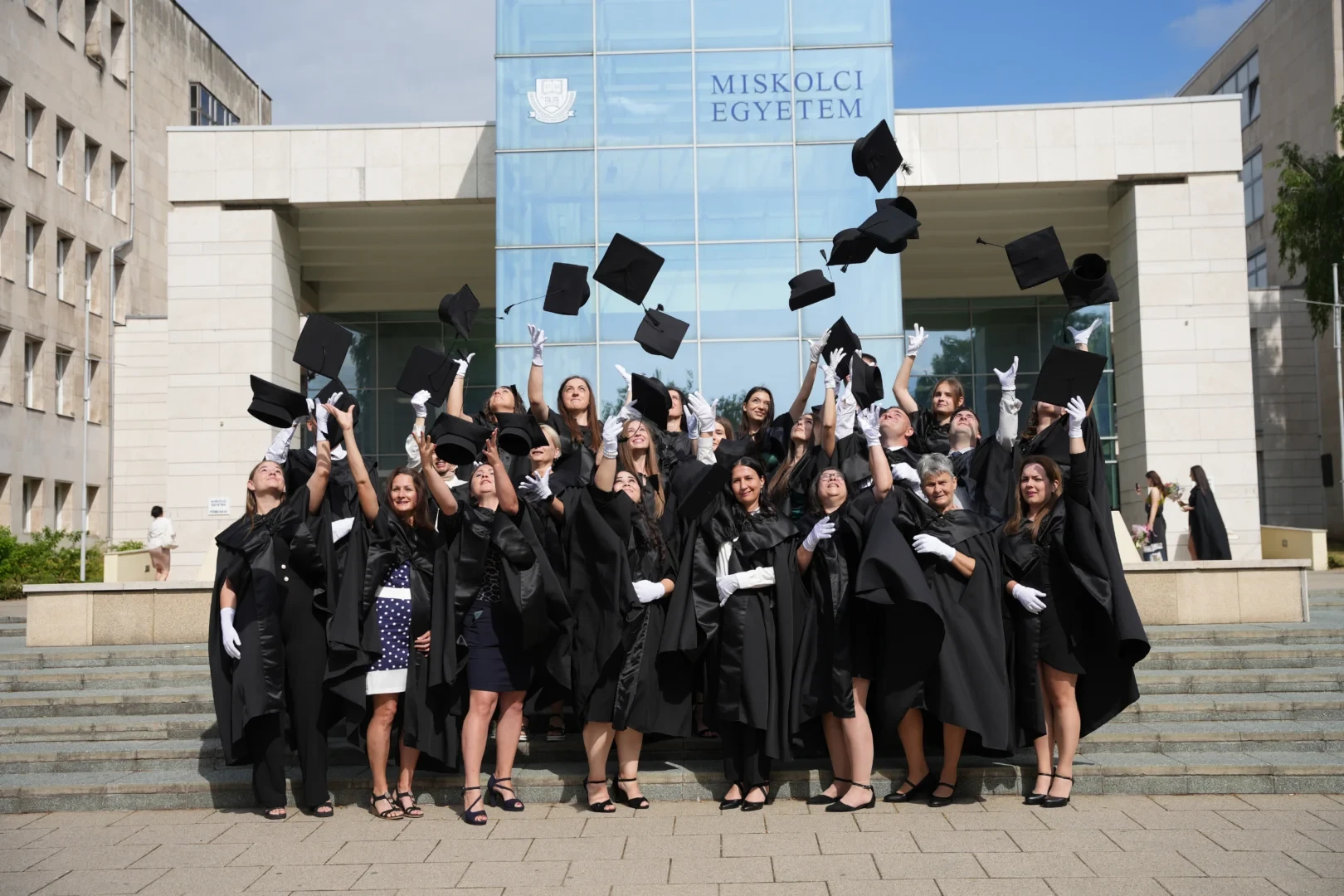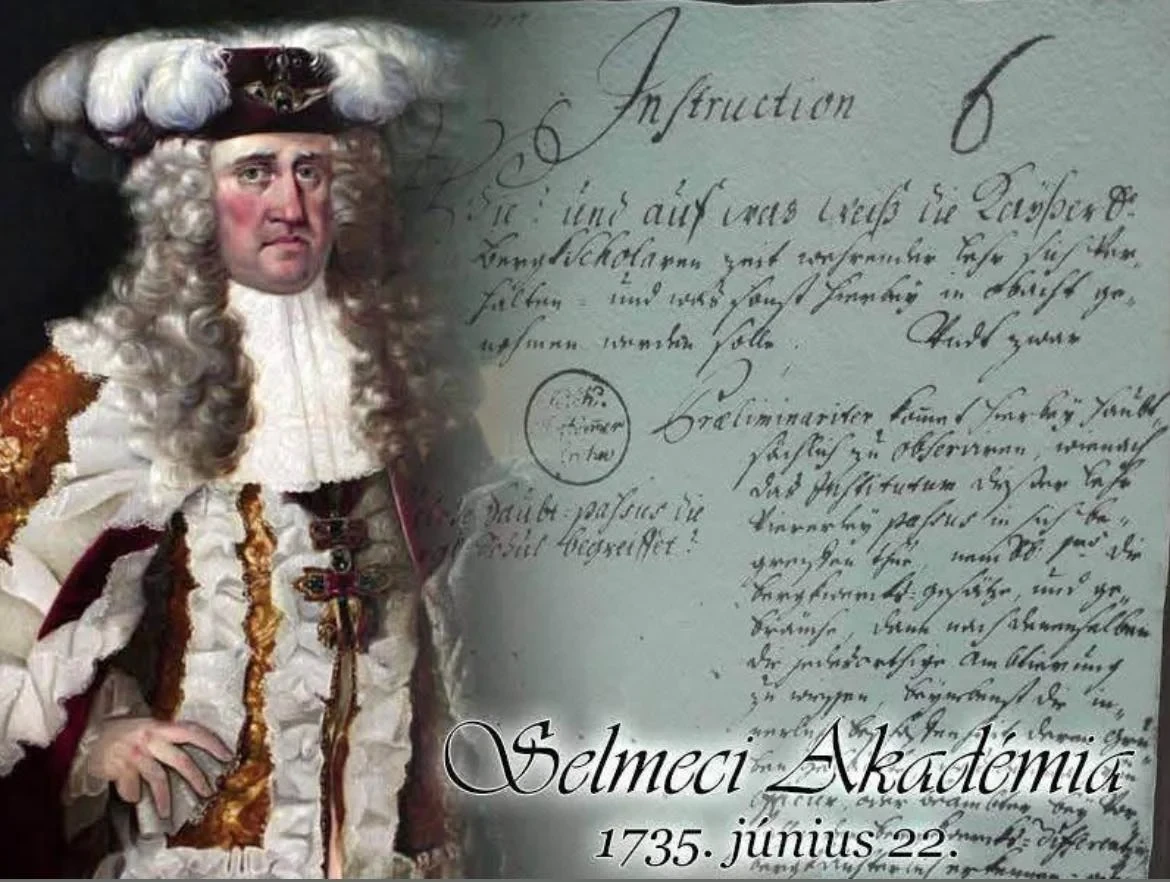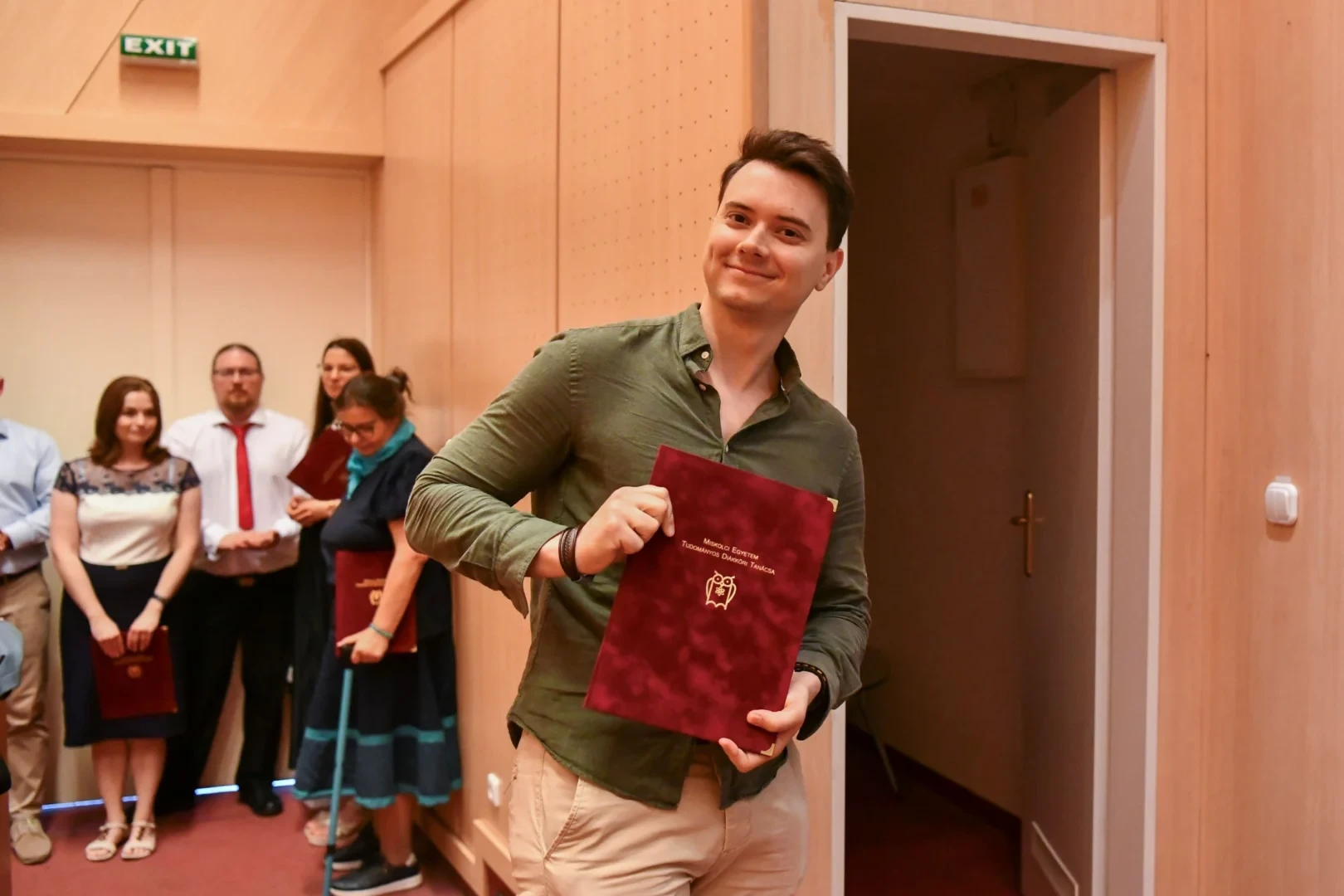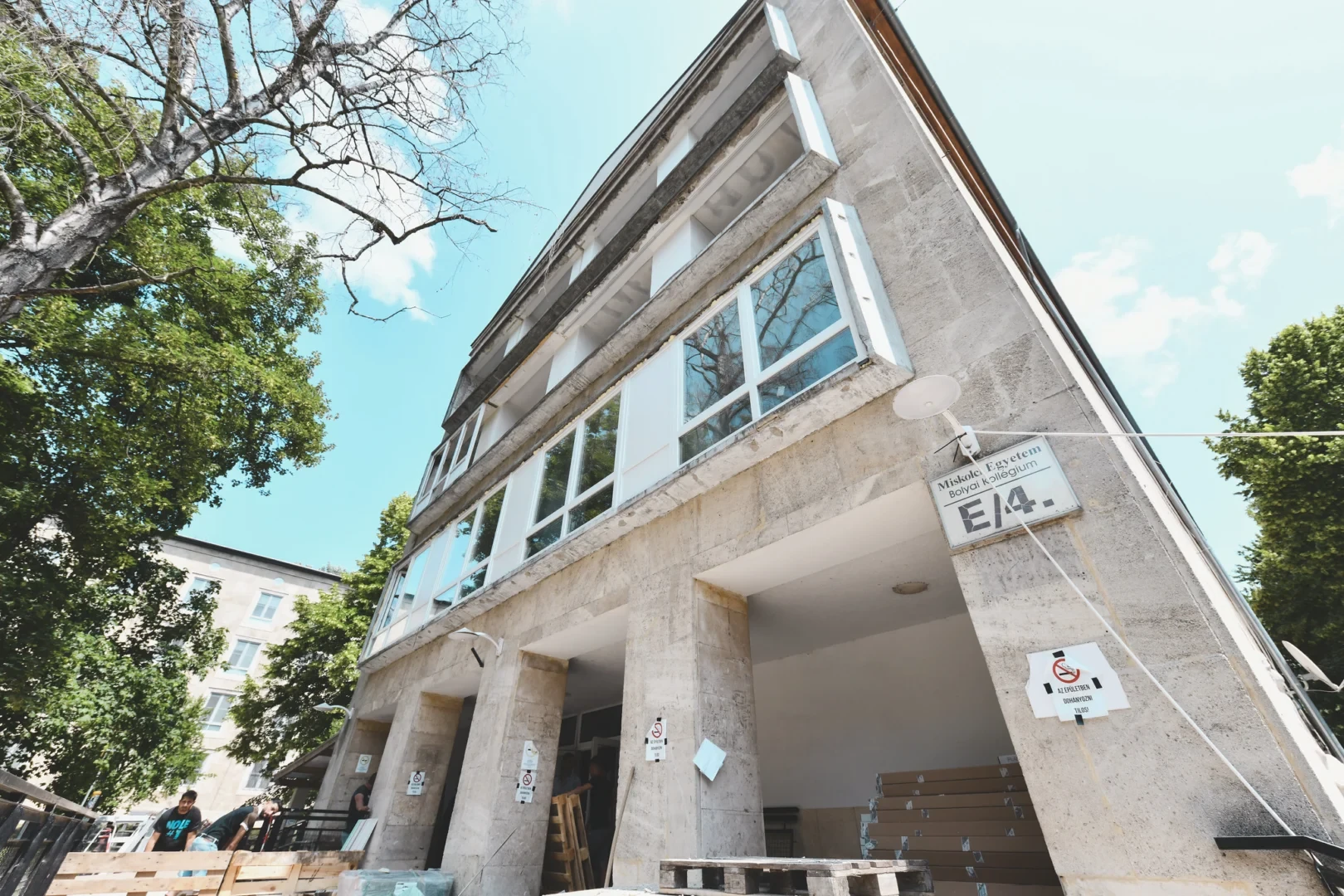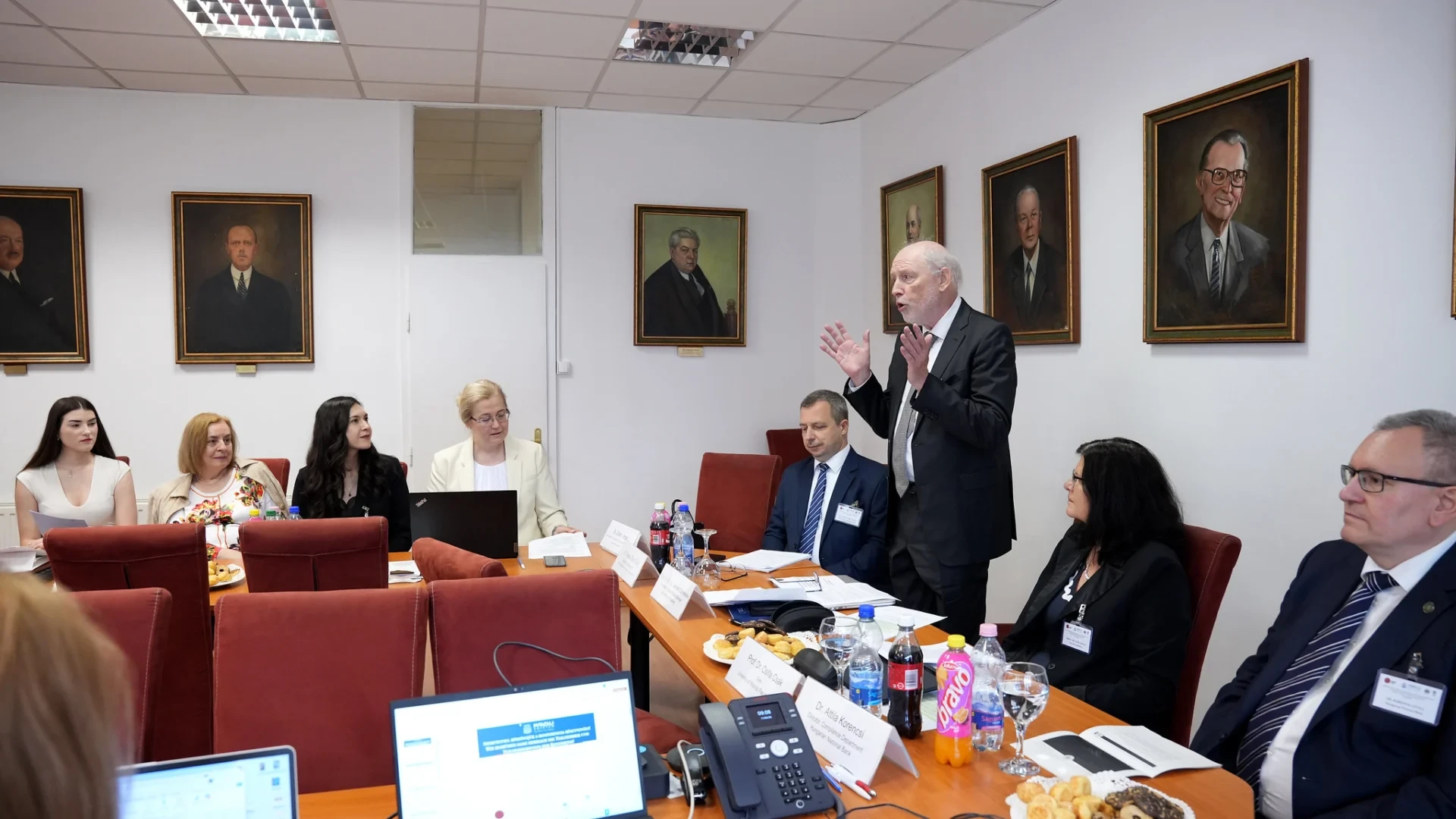The Central European Academy is offering a special scholarship (CEA Scholarship) for this course.
The LL.M. in Human Rights and Rule of Law of the University of Miskolc (ICCR LL.M.) aims to provide participants with a comprehensive theoretical and practical understanding of human rights and the rule of law, with a special focus on the specificities of Central and Eastern Europe. The course will provide students with an introduction to the main philosophical, doctrinal and institutional features of universal and regional human rights protection, followed by a detailed study of the framework provided by the UN and the European Convention on Human Rights, as well as the legal possibilities of the European Union in this field. The course will also aim to present human rights issues, interpretations and good practices in Central and Eastern Europe, and to systematise and analyse international case law from a comparative law perspective, and on this basis outline the main trends. The course will also cover the transnational development of the concepts of the rule of law and constitutional identity, and last but not least the frontier areas of human rights (international environmental law, protection of vulnerable groups, international criminal law, international humanitarian law, international refugee law).




